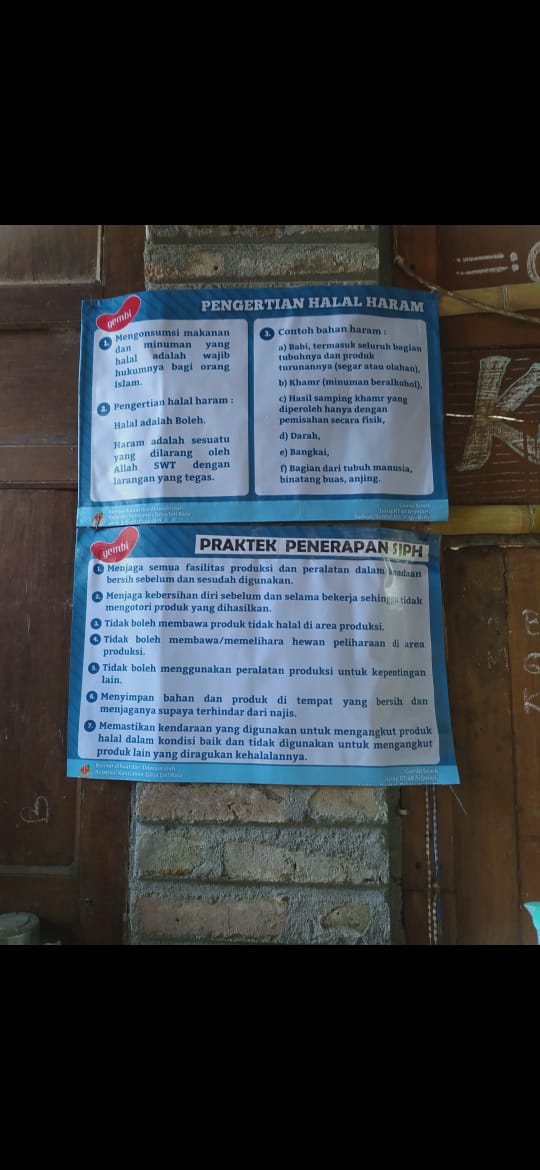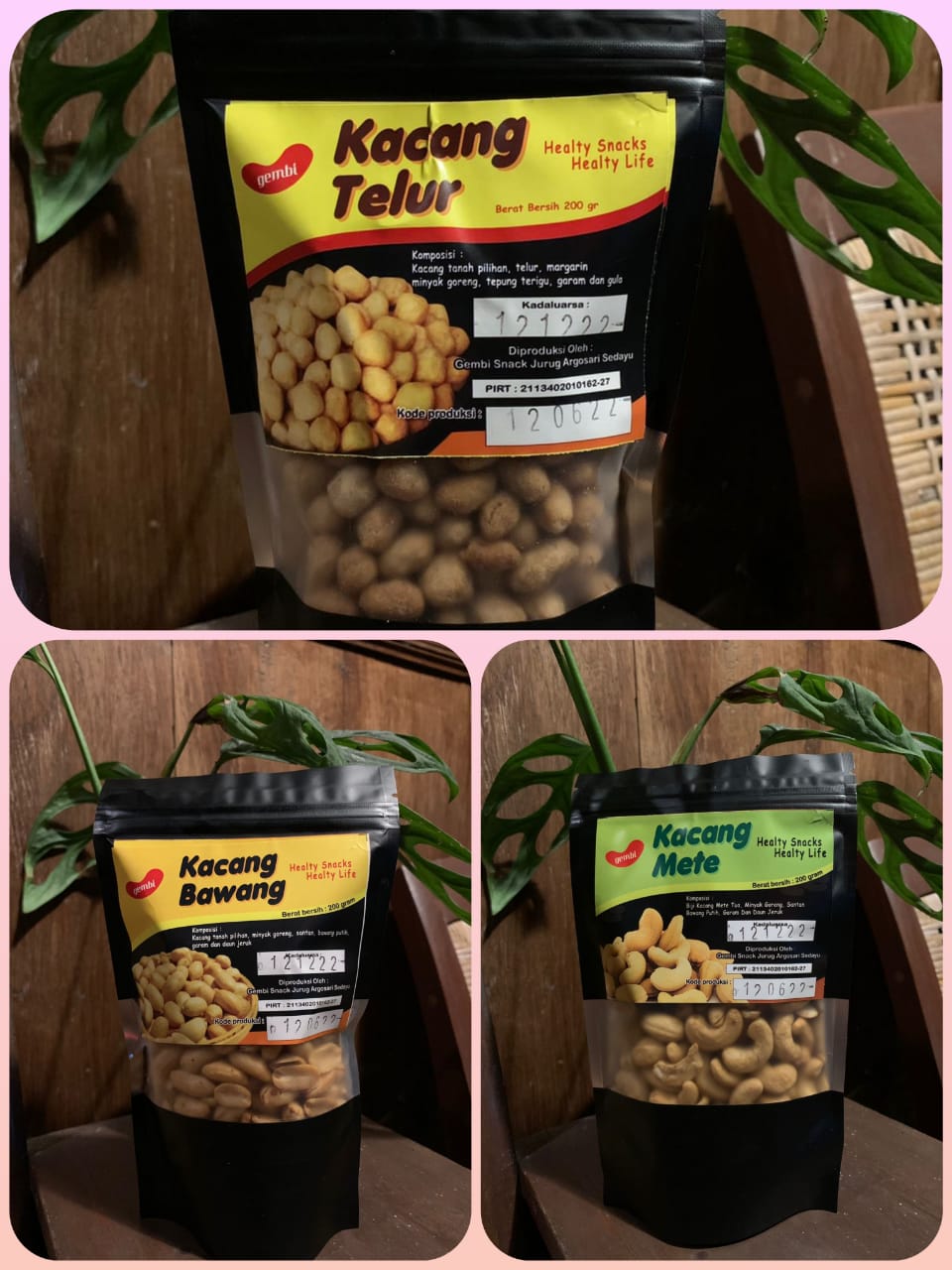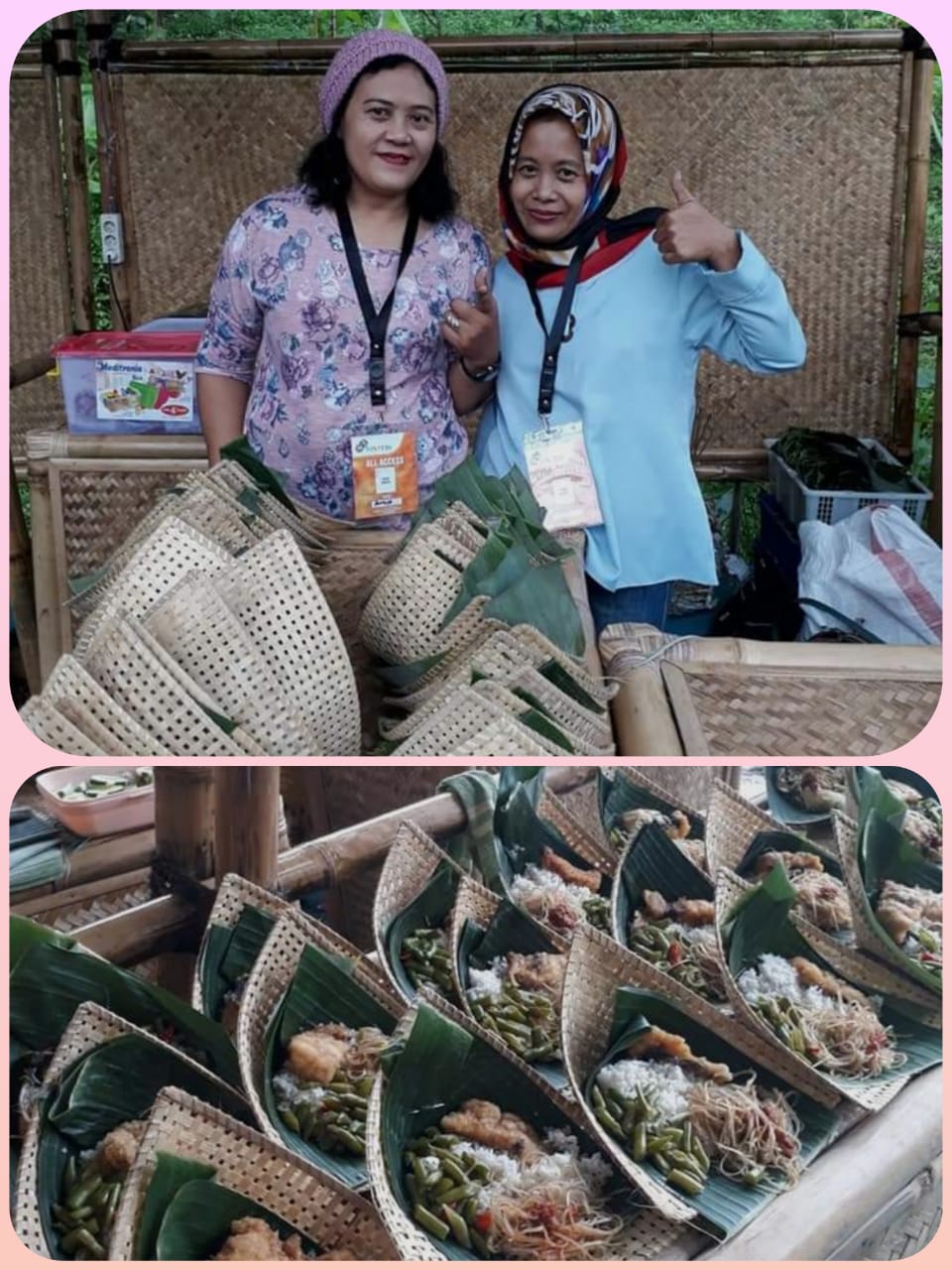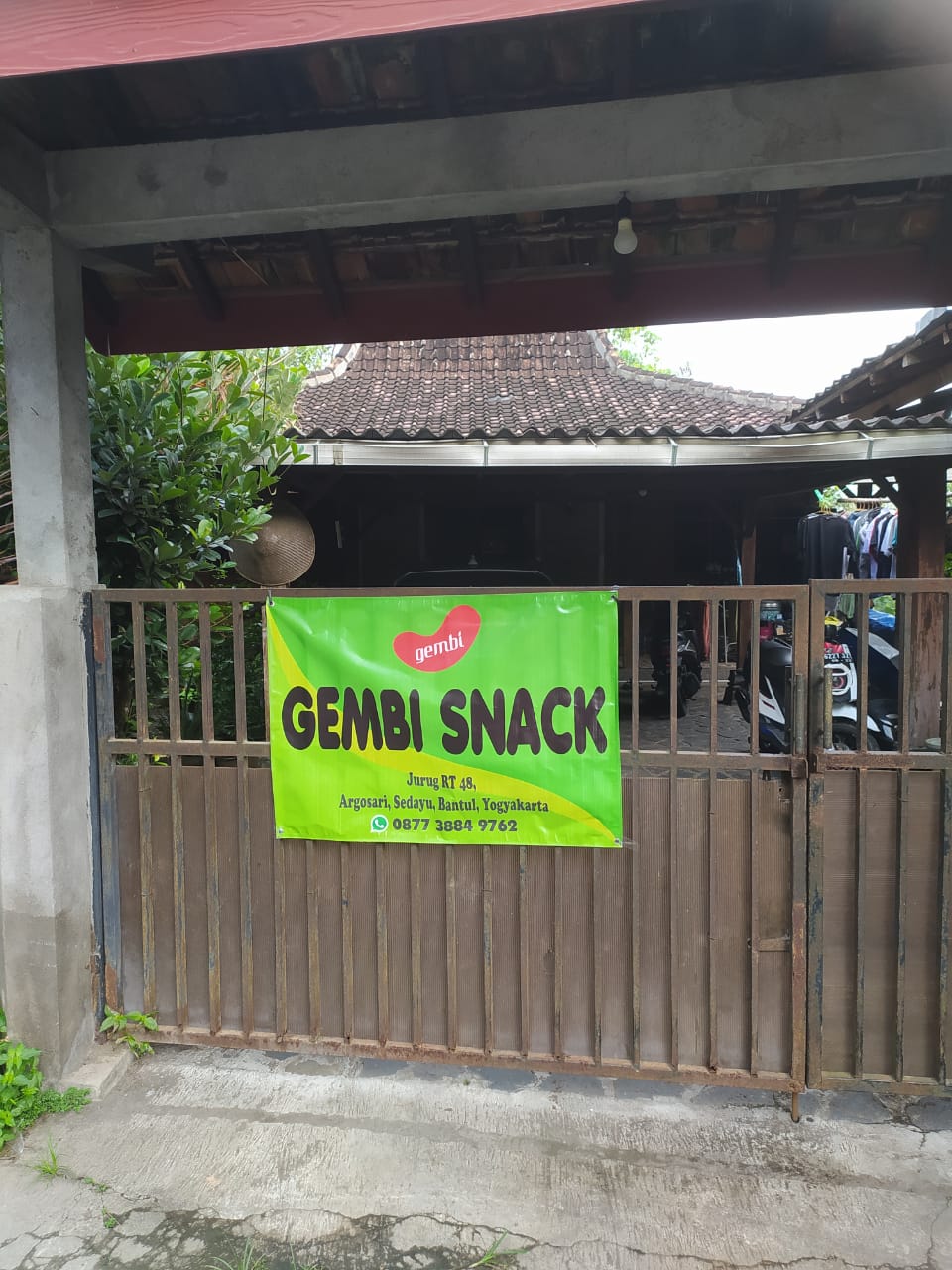A Letter from Farsijana Adeney-Risakotta, serving in Indonesia
Summer 2022
Write to Farsijana Adeney-Risakotta
Individuals: Give online to E132192 in honor of Farsijana Adeney-Risakotta’s ministry
Congregations: Give to D500115 in honor of Farsijana Adeney-Risakotta’s ministry
Churches are asked to send donations through your congregation’s normal receiving site (this is usually your presbytery)
Subscribe to my co-worker letters
Dear family, colleagues and friends,
I am happy to share the news with you that after three and a half years without being able to visit you in person, I am finally able to schedule my “Interpretation Assignment” (IA) in the U.S. I rejoice that I will be able to share directly with you about God’s work in Indonesia. This IA is a wonderful opportunity as well as a challenge. I’ve accepted an invitation from the Overseas Mission Study Center (OMSC) at Princeton Theological Seminary to be a Global Partner in the Princeton Program in World Christianity. I’m grateful to Duta Wacana Christian University and Presbyterian Church (U.S.A.) for supporting me in taking this opportunity. I’m excited to be one of 10 leaders from different countries in this nine-month program from August 21, 2022, until May 21, 2023. It will give me valuable time for research and learning in a rich community of international Christian leaders.
On weekends I will visit PC(USA) churches and supporters of our ministry in Indonesia. I’m looking forward to seeing many old friends! Please contact me by email at Farsijana.Adeney-Risakotta@pcusa.org, cc: pondokjatirasa@yahoo.com if you would like to schedule a visit. This IA will be a challenge because, for at least the first few months, I will be in the U.S. without Bernie. Bernie is tied up with a big project, working with villagers to build a boutique eco-resort on the South Coast of Java (Edge Resort Yogyakarta).
My research project at Princeton is titled: “Sustainable Development, Syariah Economics and the Church.” Indonesian church involvement in economic activities for sustainable development is motivated by the imperative to love our neighbors, help them escape poverty and work for structural justice. As part of the largest Muslim population country in the world, Indonesia’s 30 million Christians face suspicion of using economic activities to proselytize. Since the Indonesian church has grown dramatically over the past 50 years, some Indonesian Muslims accuse the church of using poverty alleviation programs to make new converts. Church leaders also face the dangers of corruption when their churches become involved in profitable economic activities. Some Indonesian Churches and NGOs try to avoid these dangers and allay suspicions by working in partnership with Muslims for sustainable development. This has been my approach in founding the House of Authentic Sense (HAS) co-op and the Center for Study of Development and Social Transformation at Duta Wacana Christian University.During the past 30 years, Indonesian Islam has been influenced by global, pan-Islamic movements to Islamize society, applying Islamic values to all areas of life, including economics. A prominent aspect of this is the flourishing of ideas and institutions to promote “Syariah economics. Syariah literally means “the way of God.” Politicians vie for popularity among an increasingly pious population by advocating public support for Syariah banking, Syariah business, Syariah co-ops and educational programs in Syariah economics. Syariah economics is often seen as a just and humane alternative to the unjust, imperialist, capitalist, Western-dominated world order. But Syariah economics can also be used as a tool of identity politics to marginalize non-Muslims by excluding them from the economic institutions of the majority. Progressive Muslims struggle with how to reconcile Syariah economics with Indonesian commitment to maintaining a just and tolerant society.
In light of this context, my research at Princeton will include three primary foci:
- Learning how churches in low to middle-income countries navigate the theological and ethical complexities of economic activities for justice. I am especially interested in alternative models for structural justice in countries where the church is a minority in a Muslim majority society.
- Similarities and differences between Syariah economics and Christian struggles for justice. I would like to learn what is good in Syariah economics and the dangers or weaknesses of economic institutions based on Islamic law.
- Risks and benefits of Muslims and Christians working together for sustainable economic justice. I hope to learn from other communities where Christians, Muslims and other religious communities work together for justice and peace in sometimes hostile environments.
Ustad Benny, a Muslim leader and Head of HAS, suggests that the activities of HAS co-op to empower villagers are “true Syariah economics.” But he worries about the political tilt towards Islamic law and hopes that HAS can provide a model of a pluralist, inclusive, economic institution which does not separate people into exclusive religious or ethnic enclaves.
Ibu Anna, Manager of HAS co-op, illustrates how HAS promotes cooperation between Muslims and Christians. Almost one-third of HAS co-op members are involved in food and beverage production. About 90% of Java’s population (151 million) are Muslim, including most members of HAS. A halal (Muslim kosher) certificate is a prerequisite for marketing food products in this context. Ibu Anna says, “I am happy to organize other members of HAS co-op to jointly manage halal permits.” Halal permits certify that the food produced is made according to Islamic requirements and is free from pork products. Ibu Anna is Catholic and must have a Muslim to serve as the halal supervisor of food production. Anna’s sister, a Muslim who works at Latifah Islamic Hospital, is also a member of HAS co-op and is happy to act as the halal food supervisor. Anna says, “It is very complicated and time consuming to wait for the food production certification process, but I am patient through it, and thankfully I have got it so that I can continue in the management of halal.”
Moving from Muslim Java to Princeton in two months will be a big transition. I hope there is an opportunity to visit you on a weekend (September—May) to worship with you and share about our ministry in Indonesia. Please be in touch. Without your support, our ministries to help villagers escape poverty and promote peace between Muslims and Christians would be impossible. Thank you from the bottom of my heart for supporting us in both prayer and monetary gifts. Please consider becoming a regular supporter. God refresh all our spirits during these dangerous times.
Salam,
Farsijana and Bernie
![]() You may freely reuse and distribute this article in its entirety for non-commercial purposes in any medium. Please include author attribution, photography credits, and a link to the original article. This work is licensed under a Creative Commons Attribution-NonCommercial-NoDeratives 4.0 International License.
You may freely reuse and distribute this article in its entirety for non-commercial purposes in any medium. Please include author attribution, photography credits, and a link to the original article. This work is licensed under a Creative Commons Attribution-NonCommercial-NoDeratives 4.0 International License.




